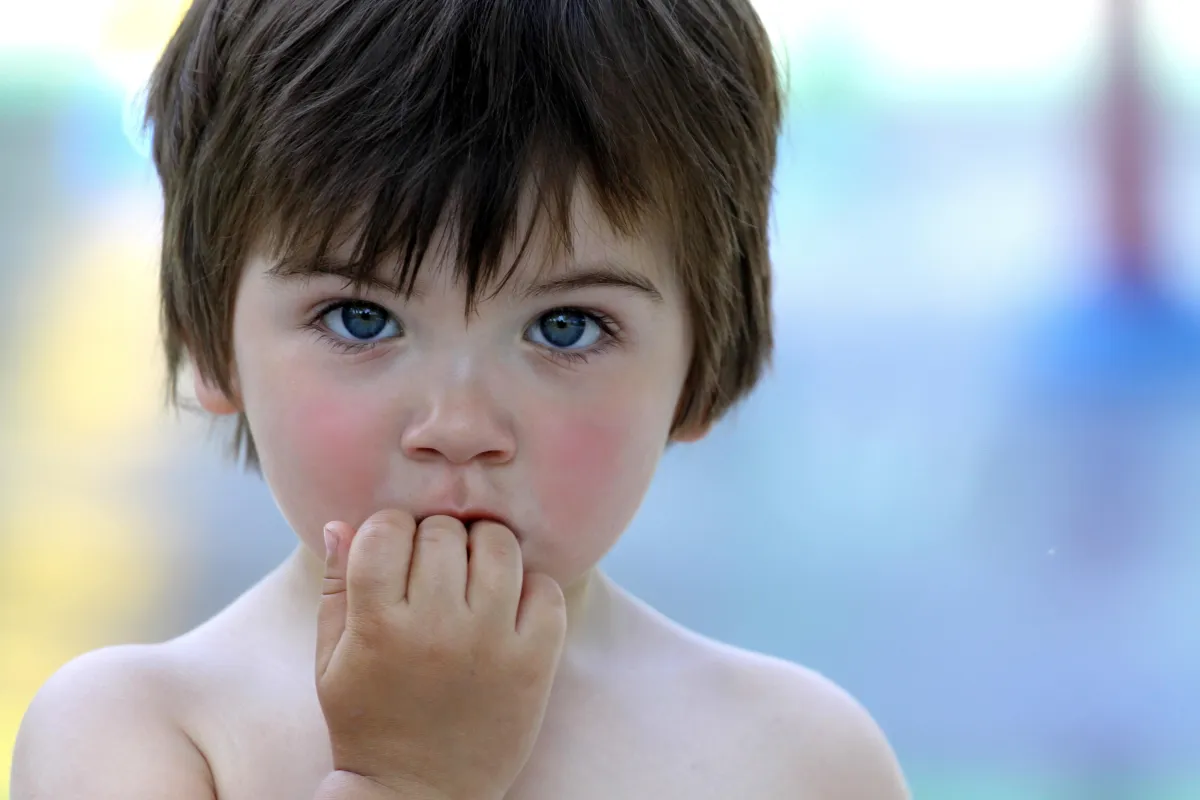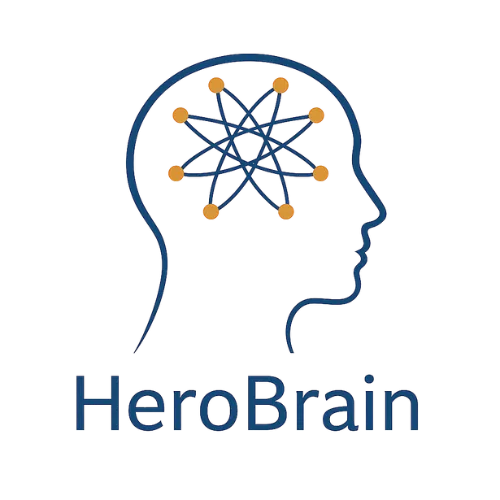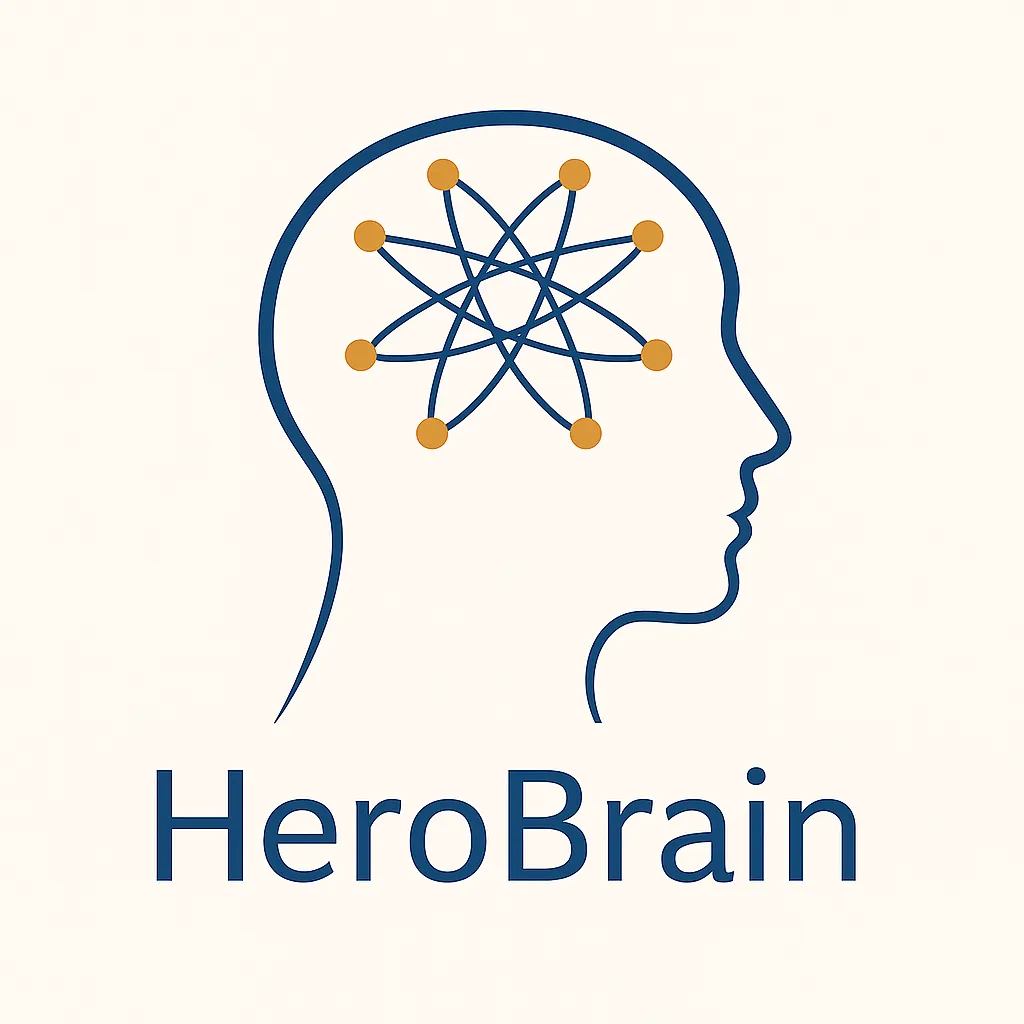
The Ripple Effect: Supporting the Families Behind the Badge
When a first responder answers a call, their family does too.
Behind every firefighter, paramedic, or police officer is a network of loved ones—spouses, children, parents—who share in the emotional highs and lows of the job. While the hero wears the uniform, their family often bears unseen burdens: sleepless nights, missed holidays, and the constant worry that their loved one might not come home.
The Hidden Toll on Families

First responder families often navigate unique challenges:
Emotional Strain: Constant concern for their loved one's safety can lead to chronic stress and anxiety.
Communication Barriers: The nature of the work can make it difficult for first responders to share experiences, leaving families feeling isolated.
Secondary Trauma: Hearing about traumatic incidents can indirectly affect family members, leading to symptoms akin to PTSD.
Recognizing these challenges is the first step toward providing meaningful support.
Global and Canadian Initiatives Making a Difference

Several programs have emerged to support first responder families:
Family First Responder (Canada): This program offers interventions aimed at bolstering the mental health of public safety personnel (PSP) family members, acknowledging that supporting the family unit enhances the well-being of the responder.
BC First Responders' Mental Health: Provides a comprehensive guide for families, helping them understand and navigate the mental health challenges associated with first responder roles.
Camp F.A.C.E.S. (Canada): Offers retreats dedicated to families living with a first responder diagnosed with PTSD, providing a supportive environment for healing and connection.
Vancouver Beyond The Blue: A peer-led, non-profit organization dedicated to strengthening and supporting families of law enforcement officers in Vancouver.
Fortem Australia: This not-for-profit organization offers social connection activities, clinical services, and mental health resources to first responders and their families across Australia, aiming to build resilience and provide comprehensive support.
The Poppy Project (Australia): Founded by Poppylillac Gough, the daughter of a retired police officer, this initiative provides safe spaces for children of first responders to discuss the challenges they face, fostering peer connections and emotional support.
Tuesday's Children (USA): Established after the 9/11 attacks, this organization supports families affected by terrorism, military conflict, or mass violence, offering trauma and grief support, mental health counseling, and youth mentoring programs.
The Cloud Nine Pilot: A Testament to Family Impact

At HeroBrain, we recognize that supporting first responders extends beyond the individual—it encompasses their entire support system. During our Cloud Nine pilot program, where 20 first responders participated in neurofeedback sessions, we observed a remarkable ripple effect: approximately one-third of the participants referred their family members for sessions. This underscores the profound interconnectedness of first responder well-being and family health.

